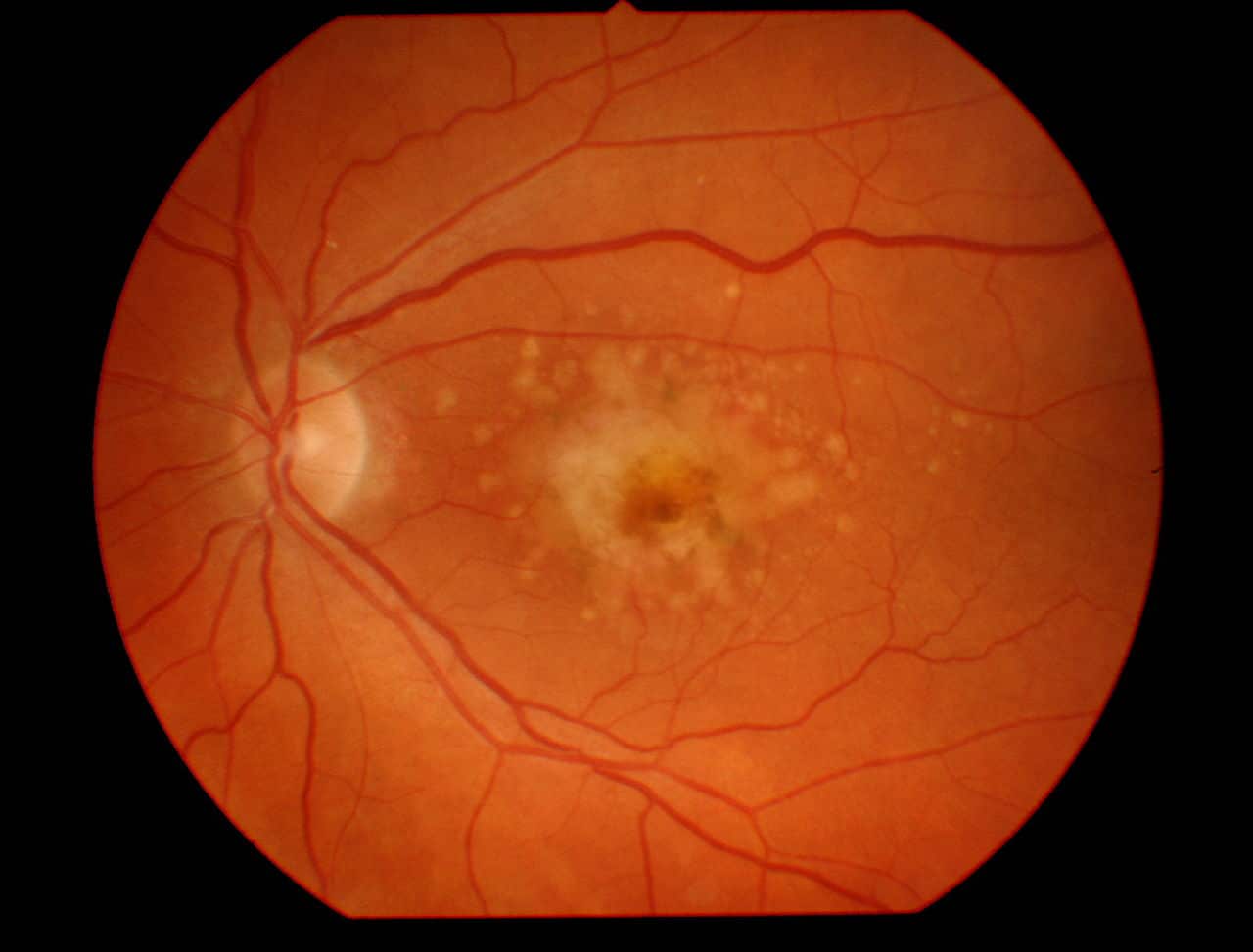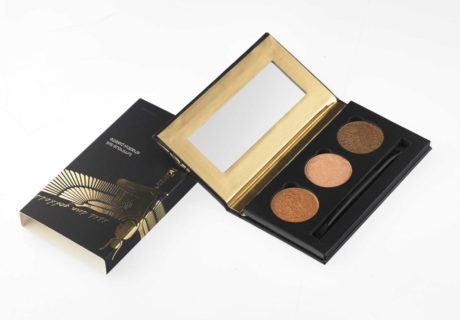According to a study from The University at Buffalo, published in the Archives of Ophthalmology, women with high vitamin D status are less likely to develop early age-related macular degeneration (AMD).
The researchers studied 913 postmenopausal women aged between 54-75 who were participants of the Carotenoids in Age-Related Eye Disease Study (CAREDS) and assessed their vitamin D status using the blood measure of 25-hydroxyvitamin D or 25 (OH) D.
Commenting on the findings, lead author Amy E Millen, PhD, said: “In women younger than 75, those who had 25-hydroxyvitamin D concentrations lower than 38 nanomoles per litre were more likely to have age-related macular degeneration than women with concentrations greater than 38 nanomoles per litre.” Blood concentrations above 38 nanomoles per litre were associated with at least a 44% decrease in the chances of having AMD, she added.
“The take-home message from this study is that having very low vitamin D status (25-hydroxyvitamin D blood concentrations lower than 38 nanomoles per litre) may be associated with increasing your odds of developing age-related macular degeneration,” said Millen.
The leading cause of irreversible vision loss in adults, AMD affects around 9% of the US population over 40.





